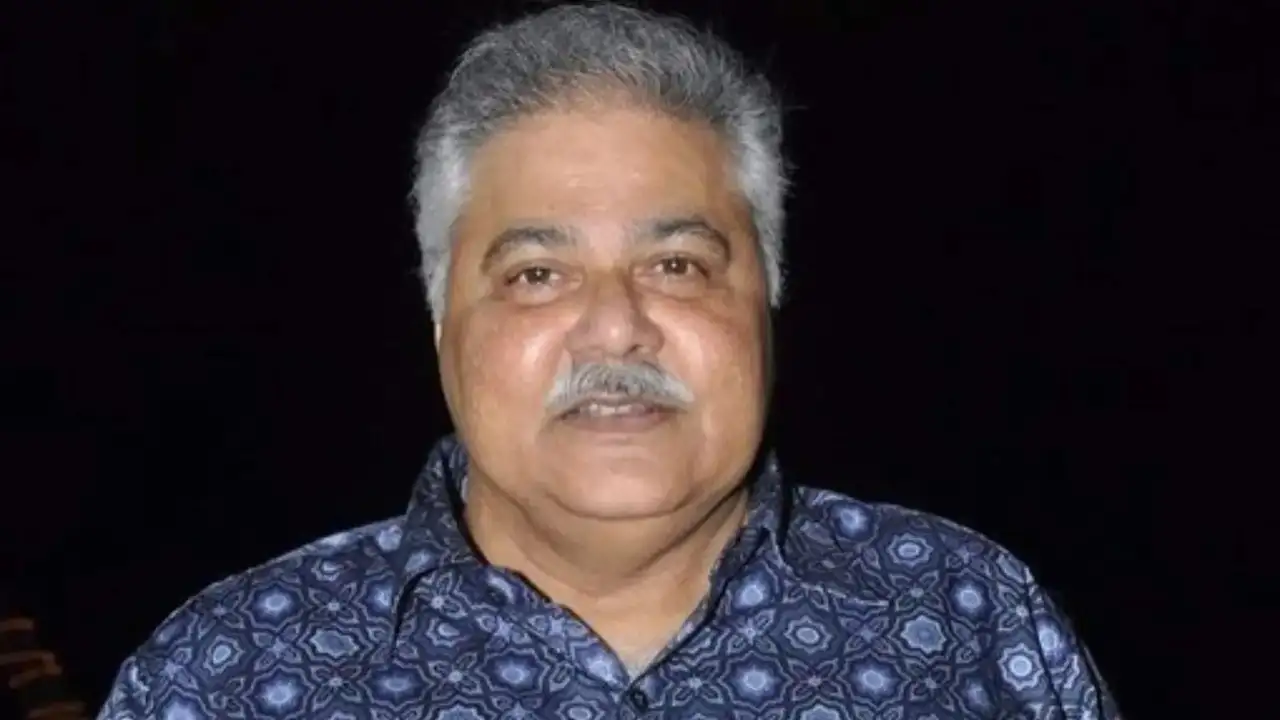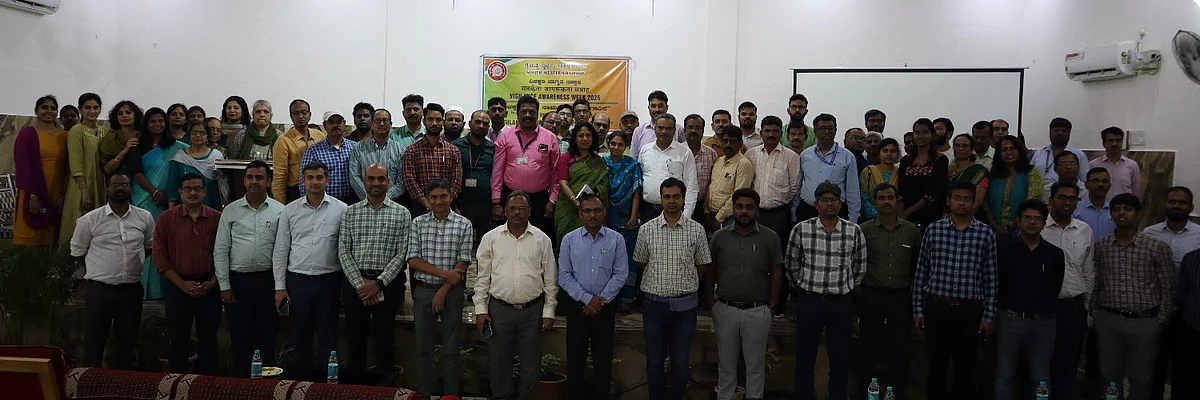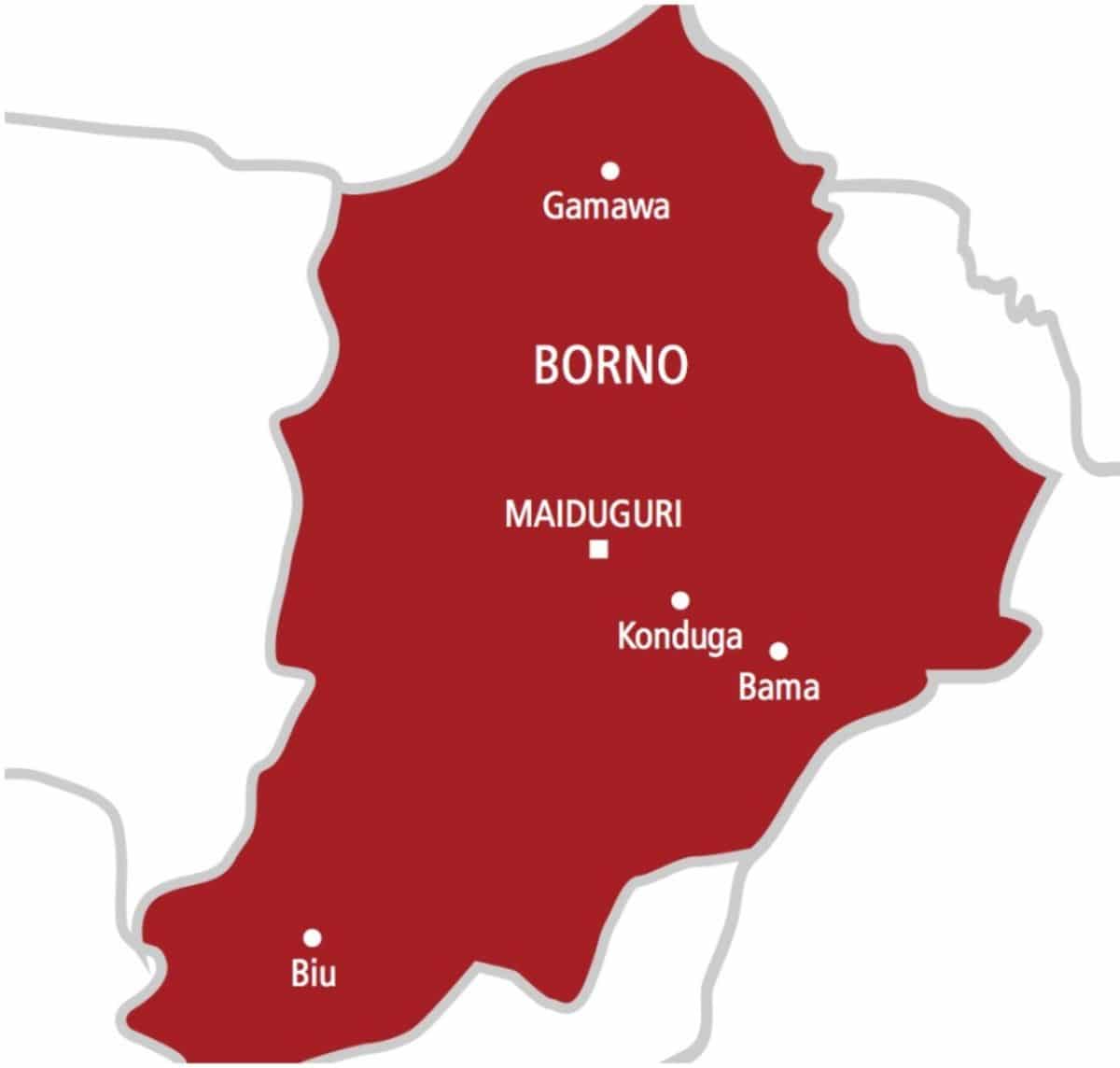Copyright ghananewss

The former chief executive of Ghana’s National Food and Buffer Stock Company has mounted a forceful defense against corruption allegations, insisting the Attorney General’s claims are false and threatening legal action to protect his reputation. Abdul-Wahab Hanan Aludiba issued a statement Wednesday describing Attorney General Dominic Ayine’s accusations as “untrue” and “deeply unfortunate,” denying any involvement in the alleged financial misconduct. The denial came hours after Dr. Ayine detailed plans to charge Aludiba and three others with various offenses on Friday, 24 October 2025, as part of the government’s ongoing Accountability Series targeting alleged wrongdoing by former public officials. “My attention has been drawn to recent statements made by the Honourable Attorney General during a press engagement, in which my name was mentioned in connection with allegations of corruption,” Aludiba wrote. “I wish to state, respectfully, that these claims are untrue and do not reflect the facts of the matter. I have no involvement in the issues being referred to, and I find the comments deeply unfortunate.” The statement marked Aludiba’s most direct response since his arrest by the Economic and Organised Crime Office on 25 June 2025, along with his wife Faiza Seidu Wuni, when he was detained for two weeks before being granted bail of GH¢60 million with two sureties. That arrest followed what investigators described as months of painstaking work uncovering what they characterize as an elaborate criminal enterprise operating within NAFCO. Dr. Ayine’s Wednesday briefing laid out a devastating portrait of alleged corruption, announcing plans to charge Aludiba and his wife with stealing, conspiracy to steal, willfully causing financial loss to the state, using public office for profit, obtaining public property by false statements, and money laundering. The charges stem from allegations that while serving as NAFCO chief executive between 2017 and 2024, Aludiba colluded with his wife and several senior company officials to steal and launder public funds. Investigators claim to have traced over GH¢40.5 million in suspicious transfers through Sawtina Enterprise, a company allegedly linked to the former CEO, along with six other entities prosecutors say served as vehicles to receive and launder proceeds of crime. According to the Attorney General, the couple used these funds to acquire an extensive portfolio including luxury real estate, more than 61 designer handbags, multiple vehicles, and bank deposits that allegedly made them among Republic Bank’s largest depositors during the period in question. The total known value of identified properties, valued in US dollars and Ghana cedis, is approximately $3.3 million, excluding cedi-valued assets. Properties allegedly acquired include a five-bedroom house at Chain Homes purchased between February 2019 and December 2020 for $1.625 million, with GH¢5,758,165 paid directly from company accounts and the remainder in cash, plus a property bought in July 2020 for $600,000, and a seventeen-bedroom boutique hotel in Tamale. The Attorney General explained that between December 2017 and May 2019, Aludiba allegedly transferred GH¢5,495,748.36 from Buffer Stock Company accounts to two bank accounts belonging to Aludiba Enterprise at Republic Bank and ABSA, a company he owns that was not a registered NAFCO supplier. Prosecutors further allege that between October 2019 and January 2022, he orchestrated suppliers to transfer over GH¢11 million to an entity owned by a NAFCO staff member, then instructed that staff to re-transfer the funds to a company owned by himself and his wife. Aludiba’s response avoided addressing specific allegations, instead focusing on broad denials and expressions of confidence in eventual vindication. “I look forward to the opportunity to present my side and to have my day in court, where I am confident that the truth will be made clear,” he stated. He disclosed that he had instructed his legal representatives to review the situation and advise on appropriate steps to protect his reputation, stopping short of explicitly threatening defamation proceedings but leaving that option open. The former NAFCO boss also sought to frame his career in ethical terms. He reiterated his commitment to ethical conduct, stating he has always been guided by honesty, transparency, and integrity throughout his public service career. That assertion sits uncomfortably alongside the detailed allegations prosecutors have assembled, which include bank records, property transactions, and testimony from alleged accomplices. The case has become a centerpiece of the current government’s efforts to demonstrate accountability for alleged financial misconduct by previous officials. Dr. Ayine’s Accountability Series aims to outline what authorities characterize as systematic looting of state resources, with the NAFCO investigation serving as perhaps the most detailed example yet presented. The scale of alleged theft, if proven, would represent one of the more significant corruption cases in recent Ghanaian history. Three others face charges alongside Aludiba, his wife Faiza Seidu Wuni, James Atieku who served as Buffer Stock manager for the Northern Sector based in Tamale, and Emmanuel Arthur who headed Corporate Affairs at NAFCO. Their arrests in June followed what EOCO described as intelligence suggesting the operation of an elaborate criminal enterprise using the pretext of supplying food items to schools under the School Feeding Program. Legal observers note that corruption prosecutions in Ghana often face challenges including lengthy court proceedings, difficulties proving intent, and technical legal defenses that can derail seemingly strong cases. Aludiba’s lawyers will likely scrutinize every aspect of how evidence was gathered and whether proper procedures were followed during the investigation and arrests. His substantial bail amount suggests authorities view him as either a flight risk or someone with sufficient resources to potentially interfere with witnesses or evidence. For now, Friday’s expected filing of formal charges will move the matter from investigation to prosecution, beginning what could prove a years-long legal battle. Whether Aludiba’s confident assertions of innocence hold up under courtroom scrutiny, or whether prosecutors can prove their detailed allegations of systematic theft and money laundering, remains to be determined through a process that will test both Ghana’s anti-corruption institutions and its judicial system’s ability to handle complex financial crime cases.



